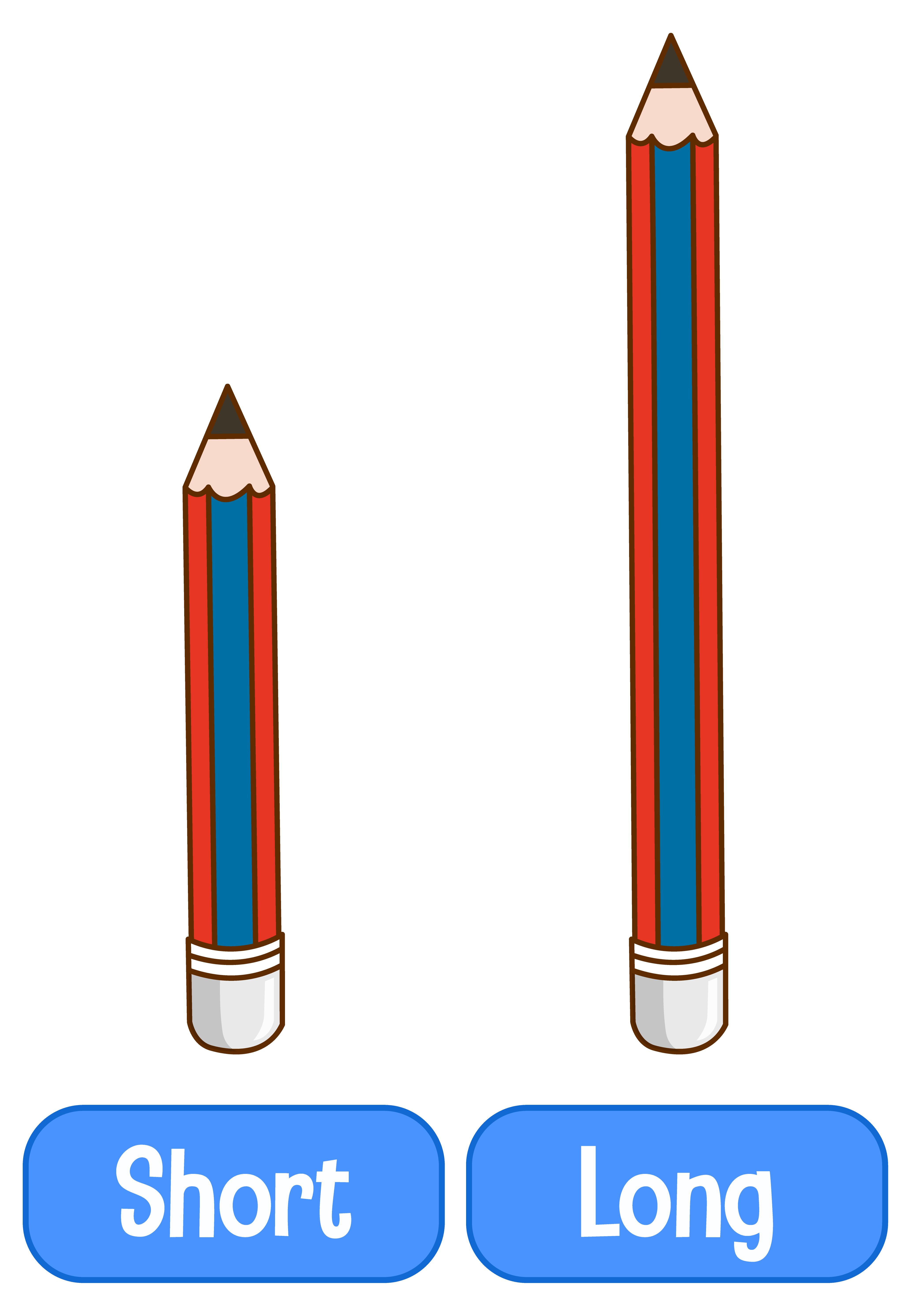Feeling a bit itchy, sneezy, or just needing a little help to drift off? You might be wondering about Benadryl. This common medicine is often a go-to for many folks, and knowing how it works and when to expect its effects can really make a difference. People often ask about its timing, and that's a very fair question, as it turns out.
When you're dealing with uncomfortable symptoms, whether it's from seasonal sniffles or a pesky skin reaction, getting quick relief is usually at the top of your mind. Benadryl, also known by its active ingredient diphenhydramine, is a popular choice for these kinds of issues, so, knowing its typical timeline is pretty helpful, wouldn't you say?
Our pharmacist recently shared some helpful insights on this very topic, discussing the ins and outs of how quickly Benadryl starts to do its job. It's good to get the facts straight from a trusted source, and we're here to break down that information for you, making it easy to understand, too.
Table of Contents
- Quick Relief: When Does Benadryl Start to Work?
- Using Benadryl for Sleep: What to Know
- How Long Do the Effects of Benadryl Typically Last?
- Benadryl and Hives: A Helping Hand
- Expired Benadryl: Is It Still Okay to Use?
- How Benadryl Leaves Your System
- Important Considerations for Benadryl Use
- Frequently Asked Questions About Benadryl
Quick Relief: When Does Benadryl Start to Work?
Many people want to know how quickly they can expect to feel better after taking Benadryl. It's a common query, and for good reason, you know. According to our pharmacist, Benadryl, which is really diphenhydramine, usually begins to work quite fast after you swallow a dose.
You can expect to feel its effects starting around 15 to 30 minutes after you take it by mouth. This means that if you're dealing with an unexpected allergy flare-up or some sudden itchiness, relief is, in a way, just a short wait away. It’s pretty good to have that kind of quick action, actually.
This quick onset makes it a popular choice for situations where you need to manage symptoms that pop up without much warning. So, if you're planning to use it for something specific, like getting ready for bed, knowing this timeframe is really key, as a matter of fact.
Using Benadryl for Sleep: What to Know
Benadryl is sometimes used to help people fall asleep, and if that's your reason for taking it, timing is very important. Since it starts to work in about 15 to 30 minutes, you should plan your dose accordingly, just a little.
If you're hoping it will help you nod off, it's generally a good idea to take it about 30 minutes before you want to go to sleep. This gives the medicine enough time to get into your system and start making you feel drowsy, which is the whole point, right?
Our pharmacist points out that while Benadryl can help you fall asleep more quickly, studies show it doesn't necessarily make you sleep for a longer period overall. It's more about helping with the initial falling asleep part, not extending your total rest time, so that's something to keep in mind, too.
How Long Do the Effects of Benadryl Typically Last?
After Benadryl starts working, you'll naturally want to know how long its effects will stick around. This is important for planning your day or night, and, well, just for general understanding, you know. The effects of Benadryl generally last for about 4 to 6 hours.
This means that for most people, the main relief from symptoms or the feeling of drowsiness will be present for that period. It's not a 24-hour medication, and our pharmacist confirms that Benadryl does not typically last for a full day, which is a common question, actually.
Understanding this duration helps you manage your symptoms effectively throughout the day or night. If your symptoms return after this timeframe, you might need another dose, but it's always good to follow the directions on the package or talk to a health professional about how often to take it, obviously.
Benadryl and Hives: A Helping Hand
When an allergic reaction causes hives, those red, itchy bumps on your skin, Benadryl can often bring some welcome comfort. It's a very common use for this medicine, and it tends to be quite effective for these kinds of skin issues, you know.
Benadryl, or diphenhydramine, has properties that can help reduce the swelling that comes with hives and also ease that uncomfortable itching sensation. So, if you're experiencing hives, it can certainly be a useful tool for managing those immediate, irritating symptoms, as a matter of fact.
While Benadryl can provide relief for the symptoms of hives, it's important to remember that it's addressing the symptoms, not the root cause. For persistent or severe hives, or if you're unsure what's causing them, it's always a good idea to talk to a doctor to figure out the best course of action, pretty much.
Expired Benadryl: Is It Still Okay to Use?
Finding an old bottle of medicine in the back of the cabinet can make you wonder if it's still good to use, and Benadryl is no exception. It's a fair question, and, well, safety is always first, right? Our pharmacist has some clear guidance on this.
It is generally not a good idea to take expired drugs, and that includes Benadryl. The main reason for this is that they might not be as strong or effective as they once were. The active ingredients can break down over time, meaning you might not get the relief you expect, so it's best to avoid them, actually.
While taking expired Benadryl isn't typically known to cause harm, it's really about its effectiveness. For the best results and to ensure you're getting the correct dose of medicine, it's always recommended to use products that are within their expiration date, you know, for your peace of mind.
How Benadryl Leaves Your System
Even after the noticeable effects of Benadryl wear off, the medicine doesn't just disappear from your body right away. It takes a bit longer for the drug to be fully processed and removed from your system, which is an interesting point, too.
While the immediate effects, like drowsiness or allergy relief, usually last for about 4 to 6 hours, your body continues to work on breaking down and getting rid of the diphenhydramine. This process of metabolism and elimination takes more time than the active symptom relief period, so, it's not an instant clear-out, basically.
In healthy people, Benadryl has a certain half-life, which refers to the time it takes for half of the drug to be eliminated from the body. This is why you might still feel some lingering effects or why it's advised to be careful with certain activities even after the main drowsiness has passed, you know, just to be safe.
Important Considerations for Benadryl Use
When you're thinking about using Benadryl, there are a few other important things to keep in mind for your well-being. It's not just about how long it takes to work, but also about how it fits into your overall health picture, which is pretty important, obviously.
Our pharmacist also talks about how Benadryl works inside the body, why it can make you feel sleepy, and how it's different from other allergy medicines. This understanding can help you choose the right medicine for your needs and know what to expect, too.
For instance, if you're a parent, you might wonder about giving Benadryl to children. The pharmacist has discussed how long a dose of Benadryl lasts in children, which is a very common concern for many families. Always check with a doctor or pharmacist about the right dose and usage for kids, and stuff.
Remember that even though Benadryl is available without a prescription, it's still a medicine with effects on your body. Knowing its typical timeline for working and how long its effects last can help you use it wisely and get the most comfort from it when you need it most, you know.
Frequently Asked Questions About Benadryl
How long does Benadryl last in the blood?
While the noticeable effects of Benadryl generally last for about 4 to 6 hours, the drug itself takes longer to be fully processed and removed from your system. It has a half-life in healthy patients, meaning it takes time for the body to eliminate it completely, so it's not out of your blood right away, as a matter of fact.
Does Benadryl make you sleep longer?
Studies show that while Benadryl, or diphenhydramine, can help you fall asleep more quickly, it doesn't actually increase your total sleep time. It primarily helps with the initial onset of sleep, so, that's something to remember if you're using it for that purpose, too.
Is it okay to take expired Benadryl?
It is not recommended to take expired drugs, including Benadryl. This is because they may not be as potent or effective as they once were, meaning you might not get the expected relief. While taking expired Benadryl isn't known to cause harm, it's best to use unexpired medication for full effectiveness, you know, for safety and efficacy.
For more insights on managing allergies and understanding common medications, learn more about allergy relief on our site, and for details on how different antihistamines compare, you can link to this page understanding antihistamines. You can also visit a trusted health resource like MedlinePlus for general drug information, if you like.



Detail Author:
- Name : Dorothea Lubowitz
- Username : darby.kutch
- Email : oda.swift@ondricka.org
- Birthdate : 2004-07-17
- Address : 8825 Conroy Trail Suite 781 East Adonisbury, MS 54248-2612
- Phone : +1-262-453-8521
- Company : Turner Ltd
- Job : Industrial Engineer
- Bio : Distinctio et natus voluptatem qui. Quia consequatur voluptatibus velit nihil. Ex ducimus est omnis cumque.
Socials
tiktok:
- url : https://tiktok.com/@lavon_hane
- username : lavon_hane
- bio : Dolorum nam iusto neque maiores consequuntur.
- followers : 1129
- following : 911
twitter:
- url : https://twitter.com/lavonhane
- username : lavonhane
- bio : Magni vero ut sint. Quos accusantium quo maxime id. Recusandae est est optio placeat quia aperiam quas.
- followers : 2465
- following : 2890

